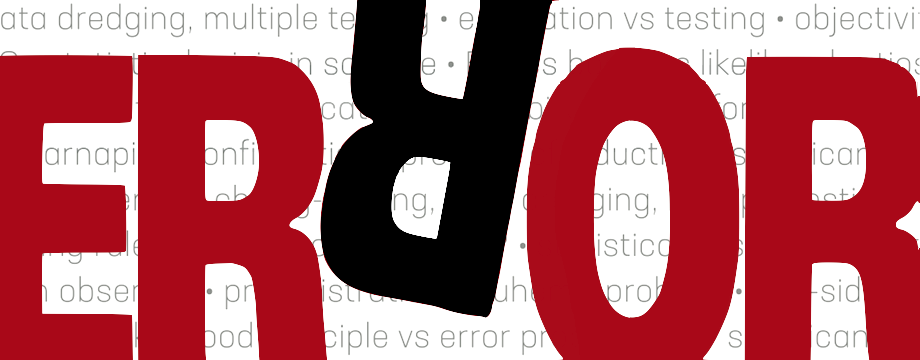 Thanks to Emrah Aktunc and Christian Hennig for their U-Phils on my September 12 post: “How should ‘prior information’ enter in statistical inference?” and my subsequent deconstruction of Gelman[i] (starting here, and ending with part 3). I’ll begin with some remarks on Emrah Aktunc’s contribution.
Thanks to Emrah Aktunc and Christian Hennig for their U-Phils on my September 12 post: “How should ‘prior information’ enter in statistical inference?” and my subsequent deconstruction of Gelman[i] (starting here, and ending with part 3). I’ll begin with some remarks on Emrah Aktunc’s contribution.
First, we need to avoid an ambiguity that clouds prior information and prior probability. In a given experiment, prior information may be stronger than the data: to take but one example, say that we’ve already falsified Newton’s theory of gravity in several domains, but in our experiment the data (e.g., one of the sets of eclipse data from 1919) accords with the Newtonian prediction (of half the amount of deflection as that predicted by Einstein’s general theory of relativity [GTR]). The pro-Newton data, in and of itself, would be rejected because of all that we already know. Continue reading




